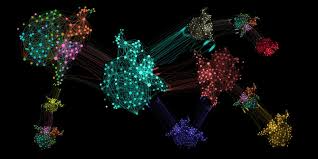
An algorithm is typically called efficient if its worst-case running time is polynomial in the size of the input. This course will focus on a huge and practically relevant family of problems, namely NP-hard ones, for which (most likely) no efficient algorithm exists. This family includes fundamental problems in computational biology, network design, systems, computer vision, data mining, online markets, etc.
The first goal of this course it to learn how to identify NP-hard problems.
For a given NP-hard optimization problem it might still be possible to compute efficiently a feasible solution whose cost is (in the worst-case) within a small multiplicative factor (approximation factor) from the optimum: this is the aim of approximation algorithms. The second goal of this course is to learn how to design accurate approximation algorithms, and how to (theoretically) bound their approximation factor.